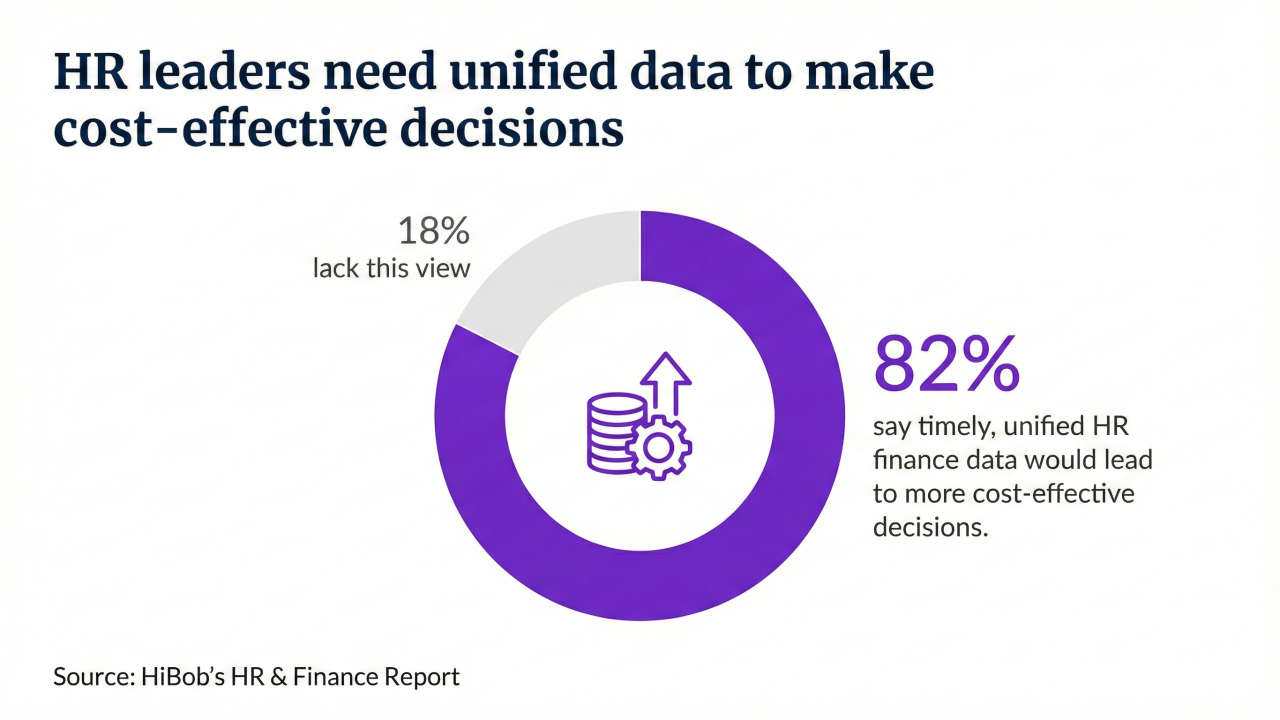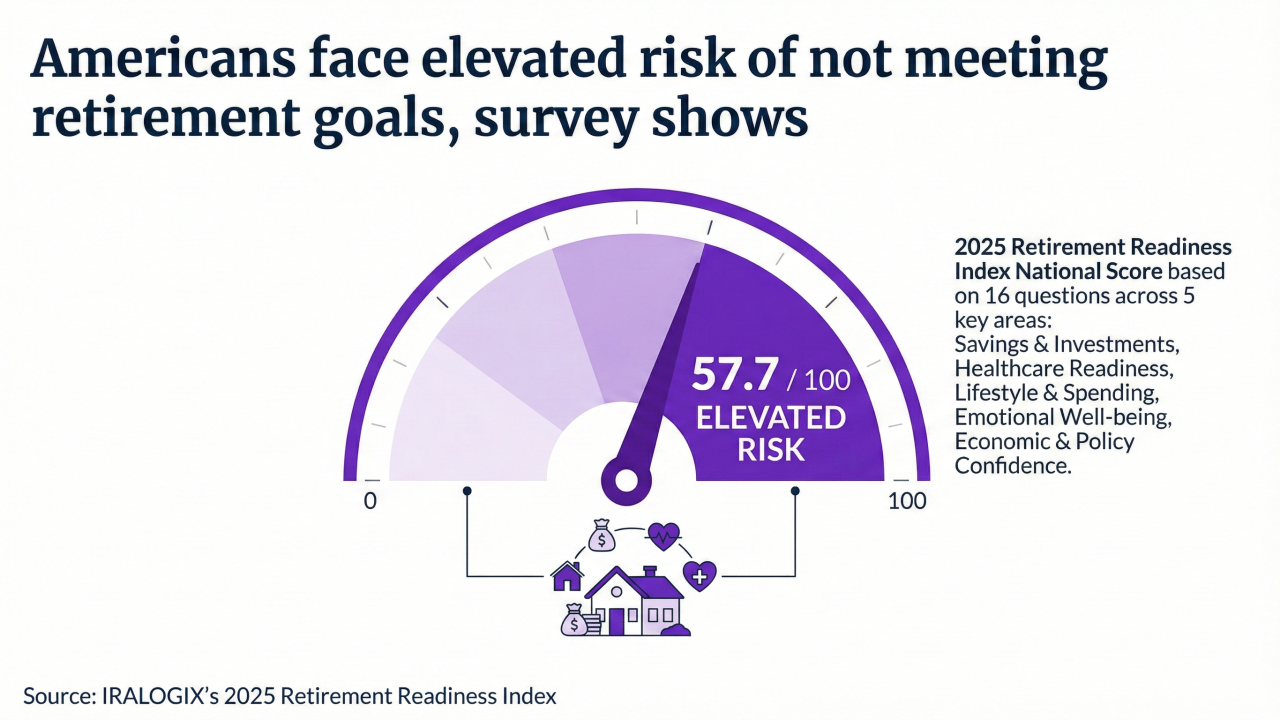Gen Z expects to start a new job with the expectation that they'll quickly
Over half of Gen Z expected to be promoted every 12-18 months, according to a poll from recruiting company Robert Walters. To keep Gen Z placated,
"The younger workforce is beginning to take their second or third or fourth steps in their career, and they're very entrepreneurial about how they approach work by wanting to put their own stamp on things," says Adam Woolley, associate director at Robert Walters. "They're looking for that inflated job title and that fast track to progression."
Read more:
While the trend of adding "chief," "lead" or "manager" to less skilled roles
Data People found that job listings that use the title of "senior" incorrectly can see a 39% decrease in applicants. On the
"Not all manager jobs are created equal," Woolley says. "And soft skills are so important for managerial or leadership positions, particularly for employers to understand the maturity and exposure of an applicant, rather than just the hard skills they've gained at however many roles they've had previously."
The good news, however, is that the fix is relatively simple — ensuring that
Read more:
"The most important thing is to look beyond the job title and really dive into the job description," Woolley says. "If an employee takes that jump and they're not actually operating at the level needed, it could end up hamstringing them when it comes to next steps."
But for many Gen Z workers,
"Gen Z's perseverance comes from the need to feel like they are making a difference and having a purpose in what they're doing day-to-day, more so than the generations who have come before them," Woolley says. "So it's important that employers keep creating that opportunity for them to feel purpose in what they're doing."






